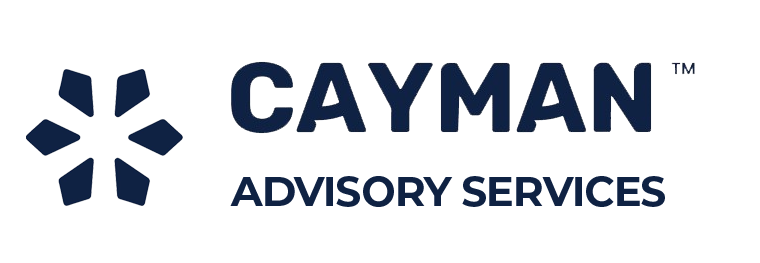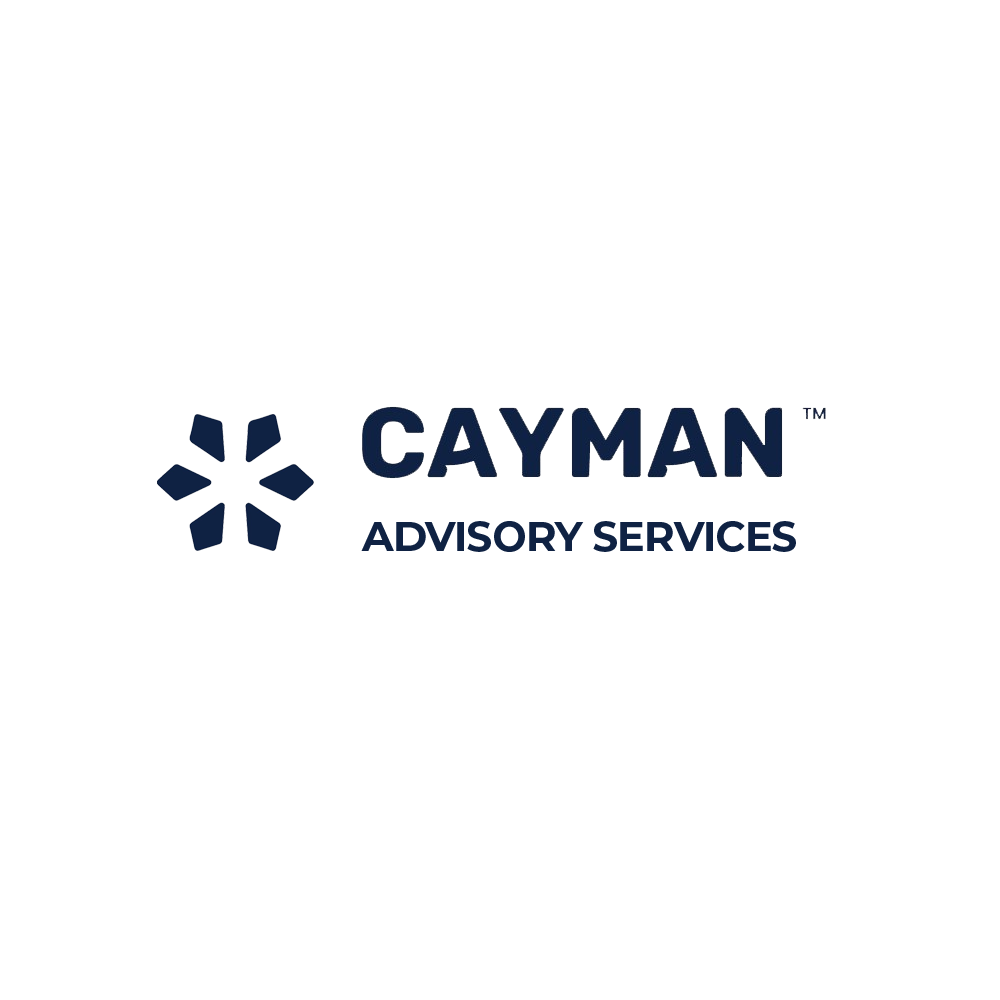Job Description
The Chief Operating Officer (COO) is a key member of the executive management team responsible for overseeing the organization’s daily operations, ensuring operational excellence, and driving business growth. The COO works closely with the CEO to develop and implement strategies to achieve the company’s mission, vision, and financial goals.
Key Responsibilities
Operational Strategy and Execution
Develop and implement operational strategies aligned with the company’s goals.
Optimize business processes to improve efficiency and productivity.
Monitor and evaluate operational performance to ensure targets are met.
Leadership and Team Management
Lead, mentor, and manage department heads and senior staff.
Foster a high-performance culture emphasizing collaboration, innovation, and accountability.
Ensure staff alignment with organizational goals and strategies.
Financial Management
Collaborate with the CFO to oversee budgets, financial planning, and resource allocation.
Identify cost-saving opportunities and ensure efficient use of resources.
Strategic Planning and Business Development
Work with the CEO to identify growth opportunities and new business ventures.
Drive initiatives to expand market share and improve customer satisfaction.
Risk Management and Compliance
Ensure adherence to industry regulations, company policies, and legal requirements.
Develop strategies to mitigate risks and address operational challenges.
Stakeholder Engagement
Build and maintain strong relationships with clients, partners, and stakeholders.
Represent the company in meetings, conferences, and public events.
Job Requirements
1. Educational Qualifications
Bachelor’s Degree in Business Administration, Management, Operations, or a related field.
Master’s Degree (MBA or equivalent) is highly preferred.
2. Professional Experience
Minimum 10 years of experience in senior leadership or operational roles.
Proven track record of managing large teams and driving business growth.
Extensive experience in process optimization, strategy implementation, and organizational development.
Industry-specific experience (e.g., finance, manufacturing, tech) as required by the company.
3. Key Skills and Competencies
Leadership: Strong ability to lead, motivate, and inspire teams.
Strategic Thinking: Proven ability to design and execute business strategies.
Operational Expertise: In-depth knowledge of operations management, process improvement, and resource allocation.
Financial Acumen: Proficiency in budgeting, forecasting, and financial analysis.
Problem-Solving: Ability to tackle complex business challenges effectively.
Communication: Exceptional verbal and written communication skills to interact with internal teams, stakeholders, and external partners.
Change Management: Experience driving organizational change and transformation initiatives.
4. Technical and Digital Proficiency
Familiarity with Enterprise Resource Planning (ERP) systems (e.g., SAP, Oracle).
Advanced knowledge of productivity tools like Microsoft Office Suite and data analytics software.
Understanding of digital transformation trends and technologies relevant to the industry.
5. Behavioral Attributes
Adaptability: Ability to thrive in a fast-paced and dynamic environment.
Decision-Making: Strong ability to make data-driven and impactful decisions.
Integrity: High ethical standards and a commitment to transparency.
Collaboration: Ability to work effectively with cross-functional teams and the board of directors.
6. Certifications (Optional but Advantageous)
Project Management Certification (e.g., PMP, PRINCE2).
Six Sigma Certification for operational excellence.
Relevant certifications in strategic management or leadership.
Other Requirements
Willingness to travel for business operations.
Deep understanding of the local business environment and regulatory requirements (if operating in Ghana, familiarity with Ghanaian labor laws and market dynamics is a plus).

